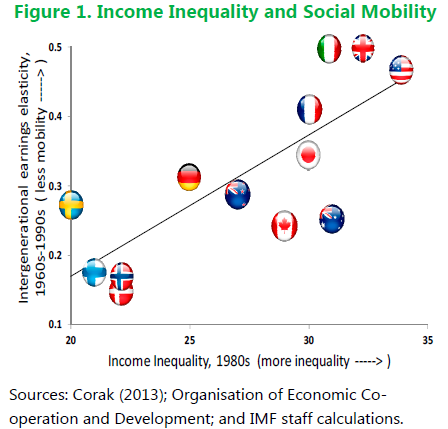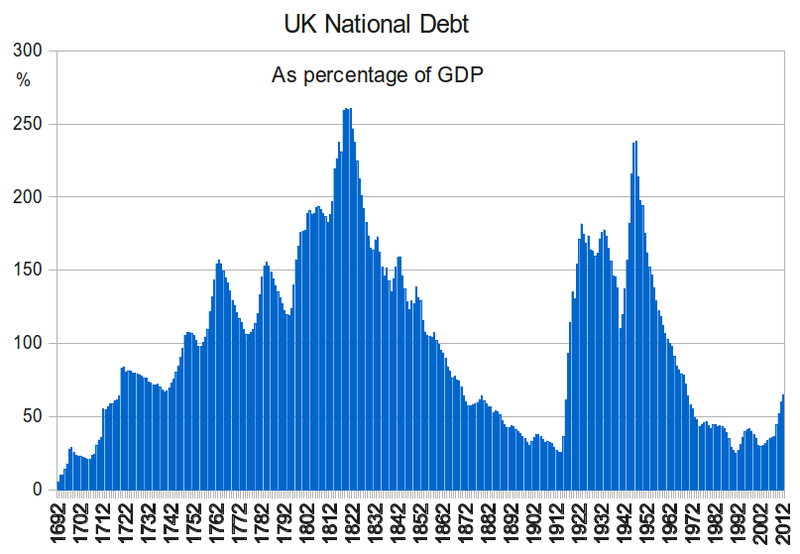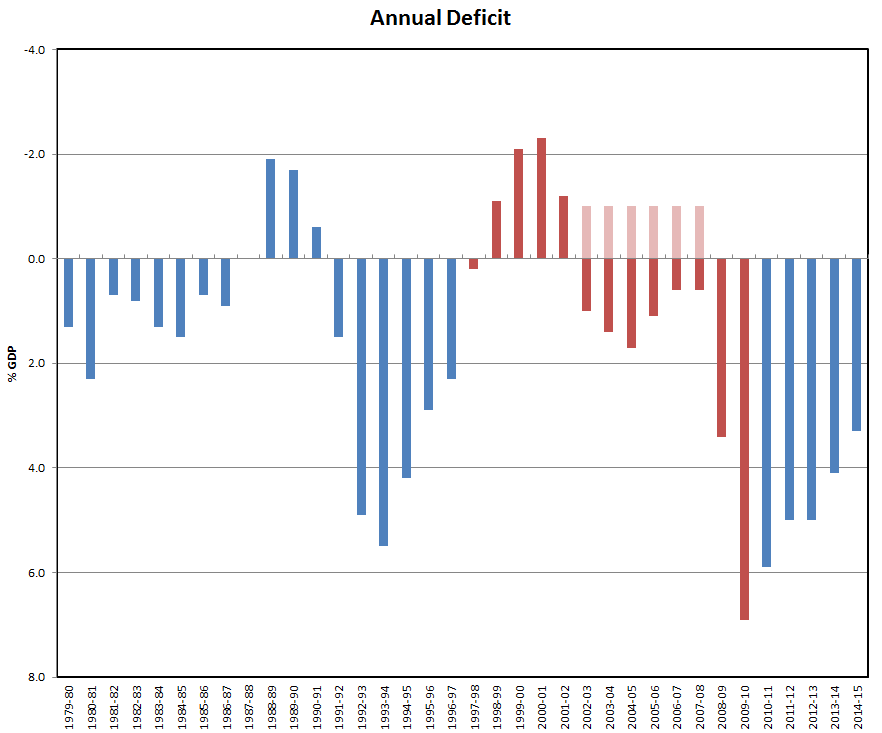I find the killing of British citizens by drone strike in Syria a very disturbing development. UK military forces killed two of its own citizens in a pre-emptive drone strike. Two problems emerge:
- The use of armed force in Syria defies the will of Parliament which voted against the extension of extend armed military action from Iraq into Syria.
- It appears to violate international law.
Overruling Parliament’s Will
David Cameron has argued that, “in an emergency”, the Prime Minister can take military action against the will of parliament.
Firstly, this demonstrates the woolliness of our famously unwritten constitution, giving great power to the executive of the day to make up the rules as they go along, to suit current needs.
Secondly, I have seen no evidence of any intended actions by the targets which would amount to an “emergency”. What appears to be the case is that these evil, misguided individuals were plotting to take violent, murderous action at some high profile events which have already happened, so they didn’t actually do it.
Illegality
A test case of 1837 established that it is legal for a country to take pre-emptive lethal action in self-defence in very limited circumstances. A threat against the state must be imminent and there must be no feasible alternative option to prevent the threat. The action must be proportionate to the threat. There is nothing in the government’s statement that could possibly be interpreted that the threat from these individuals was imminent. So the criteria were not met and the action was illegal.
Imminent?
The government has so far resisted publishing the legal advice it was given on the legality of the attack. Of particular concern is the suspicion that the British government has adopted the same re-writing of the meaning of “imminent” as the Americans. A leaked internal US white paper from 2011 radically redefined the idea of “imminence”. It states:
The condition that an operational leader present an imminent threat of violent attack against the United States does not require the United States to have clear evidence that a specific attack on US persons and interests will take place in the immediate future.”
In plain English: “imminent = they might attack us at some time in the future”.
British Values or Barbarism?
Cameron and his predecessor have been banging on about so-called “British values” for some years. Key tests of those values include respect for the law and following due process. Civilized democracies don’t do extra-judicial killing. Those targeted were truly evil individuals who wanted to do grievous harm, including the murder of innocent civilians in pursuing their warped and ultra-intolerant views.
But Britain now appears to be more barbaric than at any time since 1837. Every time we take a step towards the barbarism they espouse, the terrorists score a victory.





